Blog
The Growing Threat of Cyber Fraud: What Every SME Needs to Know During International Fraud Awareness Week
As International Fraud Awareness Week rolls around, it’s the perfect reminder that cyber fraud isn’t just a “big business” problem, it’s one that can hit small and medium-sized enterprises (SMEs) just as hard. And while the topic might sound daunting, understanding the risks and taking simple precautions can save your business from a costly headache.
Why SMEs Are Targeted
Cybercriminals know SMEs often have fewer resources dedicated to cybersecurity than large corporations. That makes them appealing targets. One well-timed phishing email or a cleverly disguised business email compromise (BEC) can open the door to financial loss, reputational damage, or worse.
Common Cyber Fraud Tactics
- Social Engineering:
Fraudsters are skilled at manipulating human psychology. From urgent phone calls to fake invoices, they aim to exploit trust and curiosity. The best defence? Awareness and a healthy dose of scepticism. - Phishing Scams:
Fake emails, text messages, or links that appear legitimate can lure employees into giving away passwords or financial details. Encourage staff to think before they click, if it looks off, it probably is. - Business Email Compromise (BEC):
These attacks often involve impersonating a trusted contact, sometimes even a company executive, to trick employees into transferring money or revealing sensitive information. Always double-check unexpected requests for payments or data, especially if they’re urgent. - Invoice & Payment Fraud:
Hackers may change supplier bank details or send fraudulent invoices. Implement verification processes to ensure that changes in payment instructions are legitimate.
How SMEs Can Stay Ahead
- Cybersecurity Awareness Training: Employees are the first line of defence. Regular training helps staff spot suspicious emails, recognise red flags, and follow safe procedures.
- Fraud Detection Tools: Invest in software that flags unusual transactions, monitors email integrity, and protects sensitive data.
- Regular Security Audits: Conducting vulnerability scans and penetration tests helps identify weak spots before cybercriminals do.
- Strong Passwords & MFA: Simple measures like multi-factor authentication can dramatically reduce the risk of account compromise.
- Backups & Updates: Keep software up-to-date and back up critical business data regularly. It may seem mundane, but it’s a lifesaver when things go wrong.
Bottom Line
During International Fraud Awareness Week, take the time to review your company’s cybersecurity habits. Cyber fraud isn’t going away anytime soon, but by staying aware, training your team, and using the right tools, your SME can reduce risk and operate with confidence.
Remember: cybercriminals may be clever, but a prepared business is always one step ahead.
Not sure where to start with cybersecurity? Worried you might be missing something important? Feeling overwhelmed by all the advice out there? We get it, and we want to help! We’re running FREE Cyber Advice Clinics until the end of November. Get 15 minutes, 1-on-1 with a cybersecurity expert. Whether you’re just starting out with no cybersecurity in place, or already have some measures set up, we’ll review your current setup, answer your questions, and give practical, tailored guidance, no jargon, no sales pitch. Book your FREE slot: donotgethacked.com/clinic
